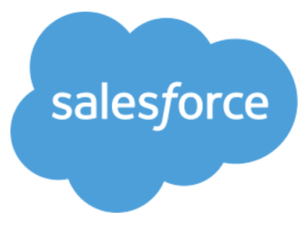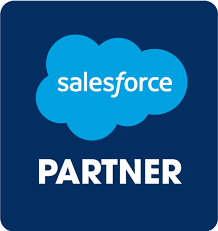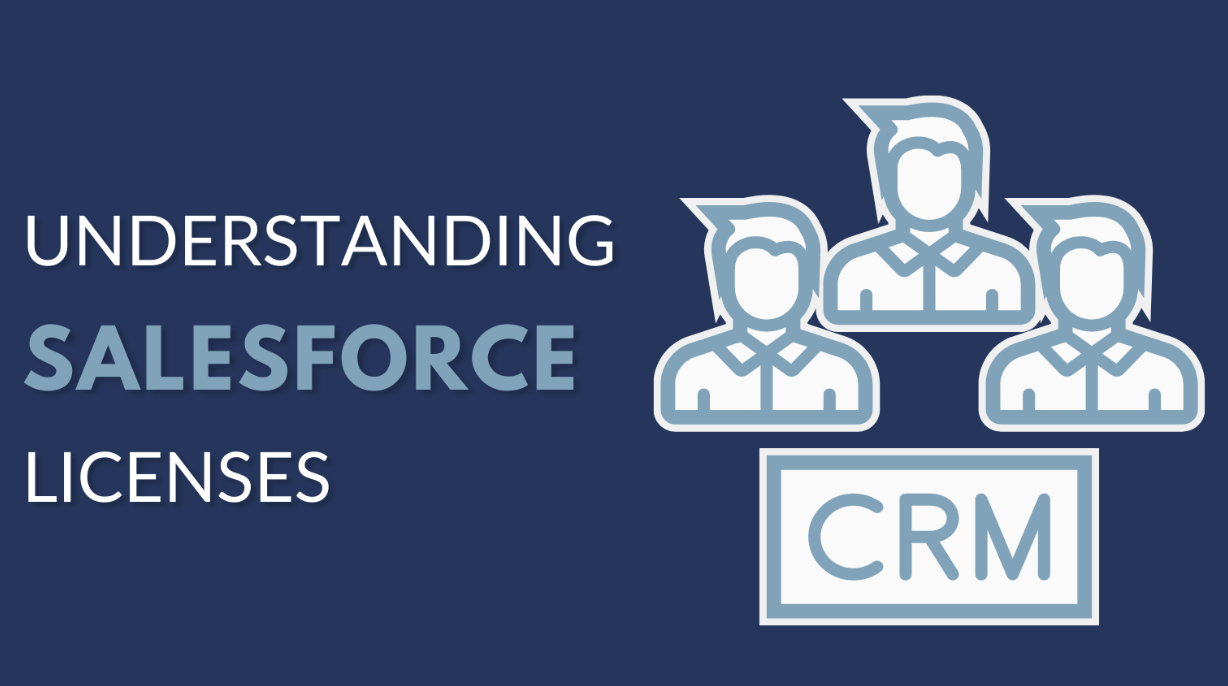*Note the article below references licensing for the Salesforce CRM. Please reference the Salesforce website for the most up to date license types and pricing. Also note that as of spring 2023, Salesforce has license pricing model updates for the NEW Education Cloud products and data architecture. Please scroll to the bottom of this piece to reference those updates.

As an admission professional, you understand the importance of having a reliable student recruitment and admission platform. Salesforce is one of the more popular CRM platforms that offers many features and benefits for colleges and universities. However, these features are not available to all users and are limited based on the type of license they have. Salesforce offers several types of licenses. The two primary license types Salesforce users have are the Salesforce Platform and Salesforce Enterprise licenses.
If your institution uses the TargetX CRM (a managed package built on the Salesforce Platform) you may especially be wondering what the differences between these licenses are.
In this article, we will discuss the benefits of Salesforce platform licenses compared to the traditional Salesforce Enterprise licenses, and will more specifically review how the TargetX solutions utilize both license types.
Each of the two primary Salesforce license types comes with its own set of limitations, and the amount of access to Salesforce features and functionalities depends on the license type. The Enterprise license is the highest level of license available for Salesforce and provides access to its full range of features. The Platform License is designed for users who need access to only use core platform functionality such as accounts, contacts, reports, and dashboards. However, users with this license type can also use custom apps and apps from the AppExchange. This includes the TargetX applications.
Benefits
- Cost-effective: The cost of a Salesforce platform license is typically lower than a Salesforce Enterprise license, making it more accessible. There are three tiers to the licenses:
- Platform Starter
- Salesforce Unlimited
- Platform Pricing
One of Salesforce’s main limitations can be the limited number of licenses required for your entire team. Having all users using the Enterprise license can often be cost-prohibitive for some institutions. The Salesforce platform licenses are a key element that allow the price for TargetX to remain very competitive.
- Salesforce platform licenses give schools the ability to scale their usage as they grow, without incurring heavy licensing costs.
There are some key limitations that are important to consider when making your licensing decisions.
Limitations
- Limited Access to Standard Objects: Cannot access leads, campaigns, and opportunities.
- Limited Access to Advanced Features: Users with the Platform License are limited in some of the features they can access. For a full list of feature limitations, you can refer here. Some key examples: Users cannot build email templates and send mass email campaigns through the TargetX email tool.
- Customization Limitations: A Salesforce Platform license provides limited access to creating objects, fields, and page layouts.
Can I Benefit From a Platform License?
The decision ultimately depends on your business needs. If you are or have users, who do not need to make customizations and spend most of their time working within the TargetX application the Platform License could be a great option. Typically administrator-level users will need more access than the Platform License can provide, but many recruitment, retention, and even processing teams can work within the limitations of the Platform License.
Salesforce platform licenses offer a number of benefits for TargetX users. By taking advantage of these benefits, TargetX users can improve their admission management processes and better meet the needs of their customers at an affordable cost.
What Are License Options for the New Education Cloud?
Salesforce introduced its new Education Cloud in March, 2023. In this new product (or Cloud), they have rolled their recruitment and admissions functionality, as well as their student success functionality that has been offered through managed packages into a new architecture that has built those components and functionality into the baseline product offering.
Now, the Education offerings are available through the new Education Cloud license types. Within this new license, there are three primary license types:
 Enterprise Edition
Enterprise Edition- Unlimited Edition
- Part-time Reviewer (an option available for faculty and staff only responsible for reviewing applications)
For a full listing of features for each license type, visit the Salesforce.org Education Cloud site.

